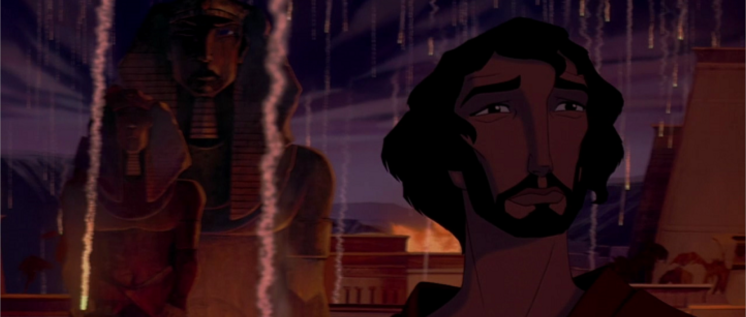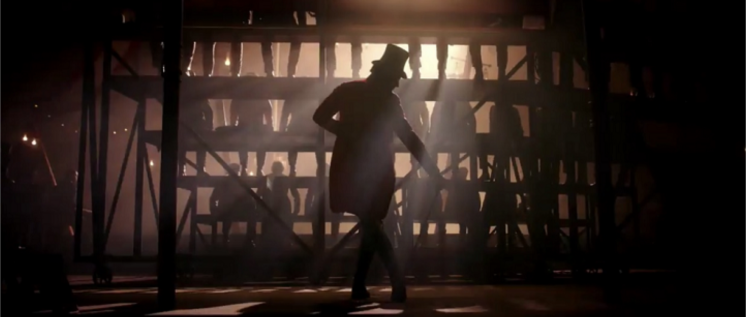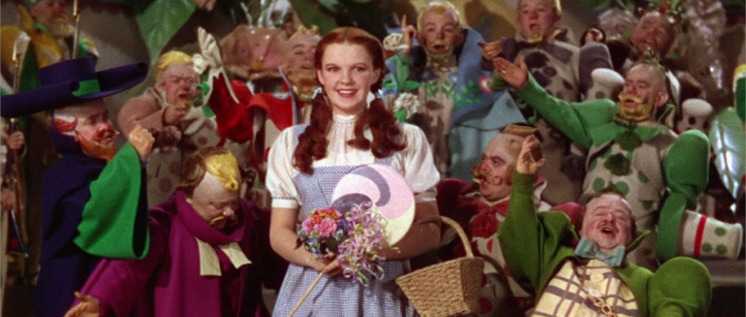
I’m not a diehard Disney fan, so I don’t know what I’d call my absolute favorite Disney movie (The Lion King, Aladdin, and Tangled are definite contenders for that place), but The Hunchback of Notre Dame – an achievement that’s both baffling and brilliant – is the one whose existence fascinates me the most.
Cinematically, the film takes my breath away more than any other Disney movie, from the art style to the visual scope to the grandiose musical score filled with actual Latin chants to the riveting musical numbers to the wonderfully rendered characters. A romance that leaves a sympathetic third party heartbroken is audacious enough for Disney, but… Themes of prejudice, attempted genocide, the corrupting powers of lust and pride, religious hypocrisy… While Disney is often darker than it’s usually given credit for, how on earth did they think this would fit their brand, and how on earth did it get away with a G rating?
Still, I admire Disney’s audacity to go this mature, and although the juvenile humor, from the slapsticky bits to the gargoyle sidekicks, is an intrusion upon that tone, I’m not above laughing with it.
Yet, while I understand that Disney tones down the book’s critique of the Catholic Church (and makes the ending much happier, as Disney usually does for the stories they adapt), this is still Disney’s most divisive film within Catholic circles, with no wide agreement on whether it’s pro-Catholic or anti-Catholic.
This version does present the clergy and Notre Dame itself as forces for good, with God’s might being shown through the cathedral itself especially, but the archdeacon who at times influences the characters has too minor a presence, there isn’t a prominent good character as explicitly Catholic as the hypocritical Judge Frollo to counteract his twisted ideas, the apparent witchcraft the gypsies use goes unchallenged by the heroes, and although Esmeralda’s attractiveness is essential to the story, her sensuousness could have been toned down (even then, the vision of her dancing in the villainous “Hellfire” number had to be toned down to get the film a G rating… That’s the only line they drew at giving it a G rating?!).
In the end, the story is less a call to lead people to Christ and more a call to tolerate them, and while I wouldn’t call it persuasively anti-Catholic, I wouldn’t call it persuasively pro-Catholic either.
Although I have conflicting feelings about it on a thematic level, it’s like how I feel about video games like Zelda and Ori despite my gripes about their spiritualities: there’s so much in Hunchback that I love on a cinematic and emotional level that it’s nonetheless one of my favorite Disney movies. Although if its pro-Catholic elements were expanded upon, it would be one of those contenders for my absolute favorite.


